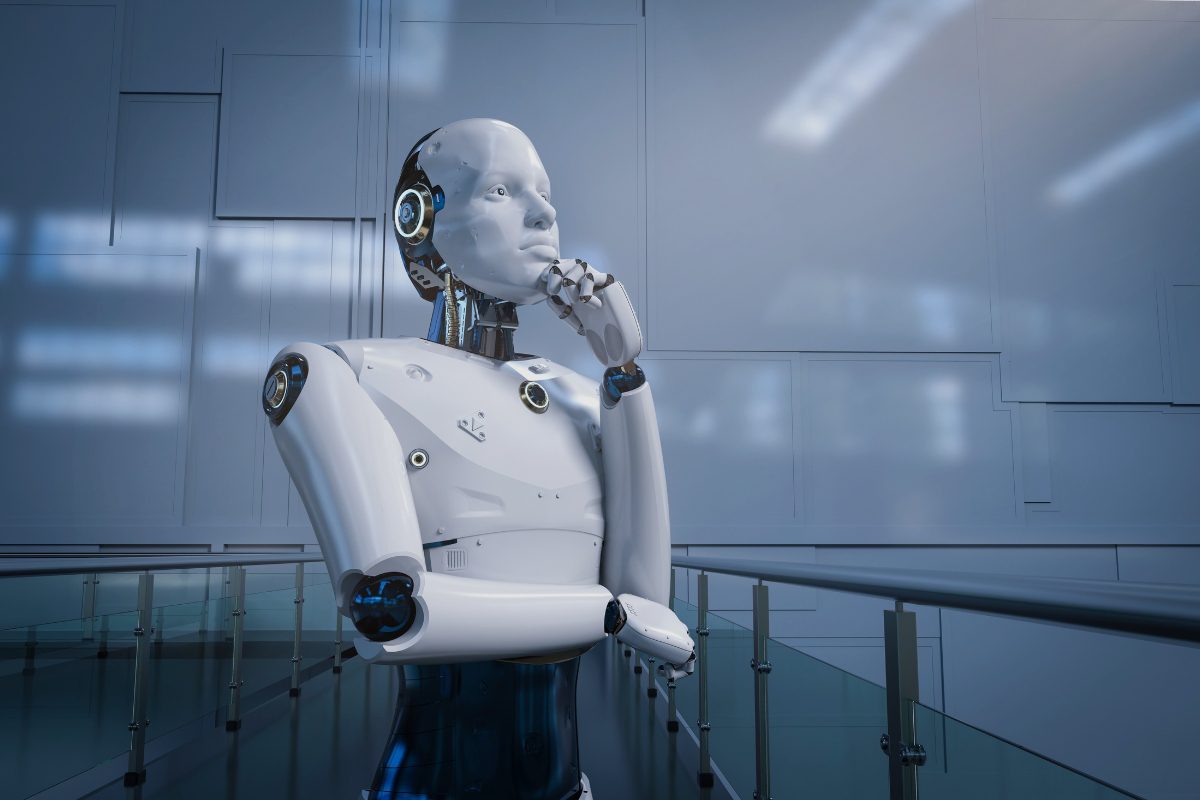A groundbreaking study by Microsoft and Carnegie Mellon University researchers has uncovered that increased reliance on artificial intelligence tools significantly reduces critical thinking abilities among knowledge workers, raising concerns about the long-term cognitive impacts of AI adoption.
The comprehensive research, which examined 319 knowledge workers, demonstrates a direct correlation between AI tool usage and decreased cognitive engagement. As users develop greater confidence in AI systems, their propensity to apply critical thinking diminishes, potentially compromising their ability to handle complex situations requiring human judgment.
This cognitive shift manifests through a phenomenon researchers term “cognitive offloading,” where individuals increasingly delegate routine mental tasks to AI systems. This delegation, while seemingly efficient, may inadvertently weaken essential cognitive muscles that humans need for independent problem-solving and decision-making.
The study’s implications extend particularly to workplace environments, where AI integration continues to accelerate. For instance, professionals using AI tools like ChatGPT for analysis or DALL-E for creative work may unconsciously reduce their critical evaluation of outputs, potentially leading to oversights in important decision-making processes.
Dr. Michael Gerlich, who led a related study, emphasizes the urgent need for developing proper AI usage guidelines, particularly noting that younger participants showed lower critical thinking scores when heavily reliant on AI tools compared to their older counterparts. This generation gap highlights the importance of establishing balanced AI interaction approaches.
The research also revealed that AI users tend to produce more homogeneous outcomes for identical tasks compared to non-AI users, suggesting a concerning reduction in creative thinking and personal judgment. This standardization of thought processes could potentially impact innovation and problem-solving diversity in professional settings.
Looking ahead, researchers recommend developing AI systems that actively encourage critical thinking rather than replace it. This could include features that explain AI reasoning processes or prompt users to critically evaluate and refine AI-generated outputs, ensuring that technology enhances rather than diminishes human cognitive capabilities.
The findings serve as a crucial reminder that while AI offers powerful capabilities, maintaining human critical thinking skills remains essential for navigating complex professional landscapes and ensuring robust decision-making processes in an increasingly AI-integrated world.
News Source: https://gizmodo.com/microsoft-study-finds-relying-on-ai-kills-your-critical-thinking-skills-2000561788

